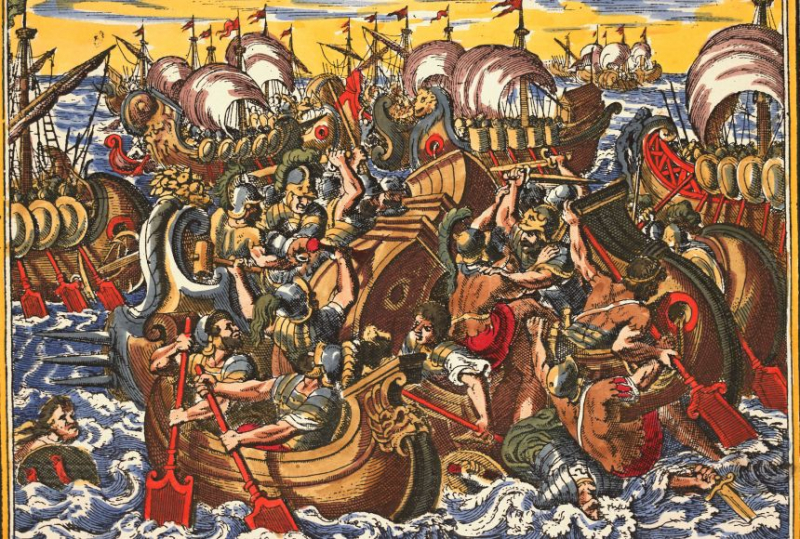Ibn Khaldun
One of the most important historical figures in Egypt, greatest social scientists of the Middle Ages, Ibn Khaldun was a sociolog, philosopher, and historian who made significant contributions to history, sociology, economics, and demography. He was regarded as the founding father of contemporary sociology and was born in Egypt in early 1332. Ibn Khaldun was raised in a prosperous family. He had many excellent teachers, but he also enjoyed self-education. Despite being wealthy, he struggled greatly as a child and lost both of his parents while he was just a teenager.
According to his autobiography, he wrote his best-known work, the Muqaddimah or Prolegomena ("Introduction"), in six months. Kâtip Çelebi, Mustafa Naima, and Ahmed Cevdet Pasha were among the Ottoman historians who were influenced by the book's theories and used them to examine the rise and fall of the Ottoman Empire in the 17th and 19th centuries. Tamerlane, the man who established the Timurid Empire, communicated with Ibn Khaldun.
The works of influential European philosophers like Niccol Machiavelli, Giambattista Vico, David Hume, G.W.F. Hegel, Karl Marx, and Auguste Comte, as well as economists David Ricardo and Adam Smith, have recently been compared to those of Ibn Khaldun, implying that their ideas found precedent (though not direct influence) in his. In addition, he had an impact on Reaganomics and some contemporary Islamic philosophers (such as those of the traditionalist school).
(1332 - 1406)







